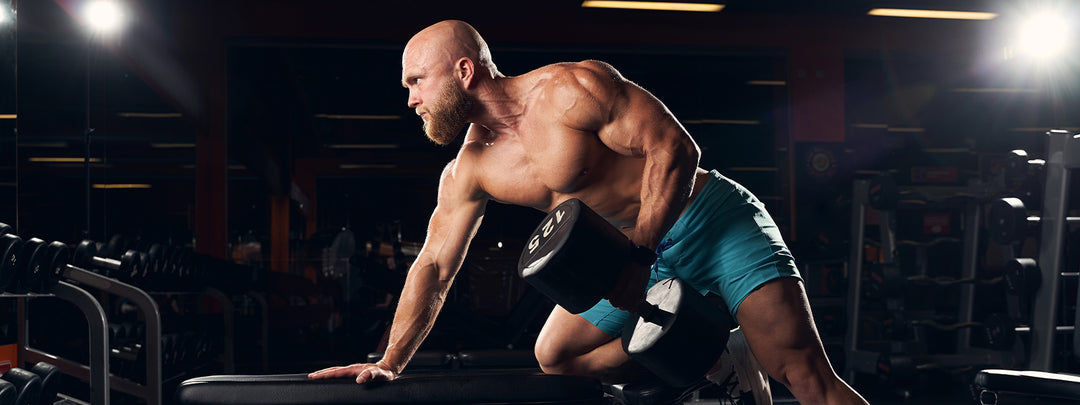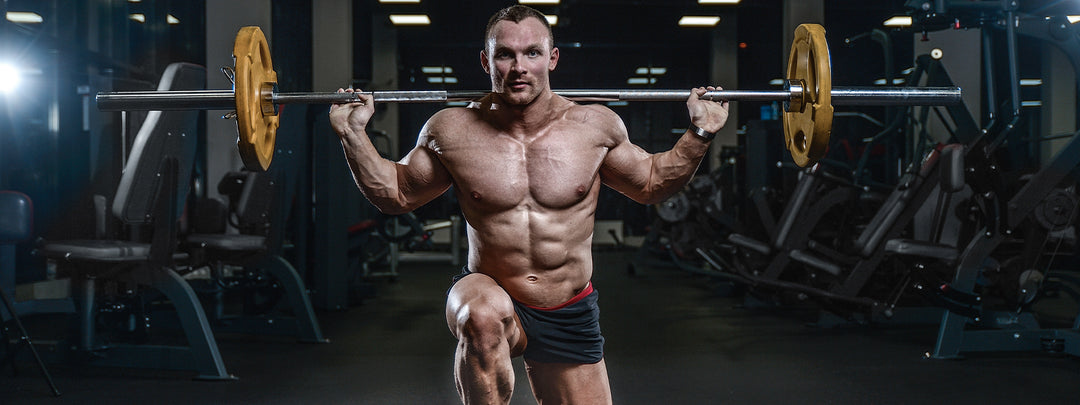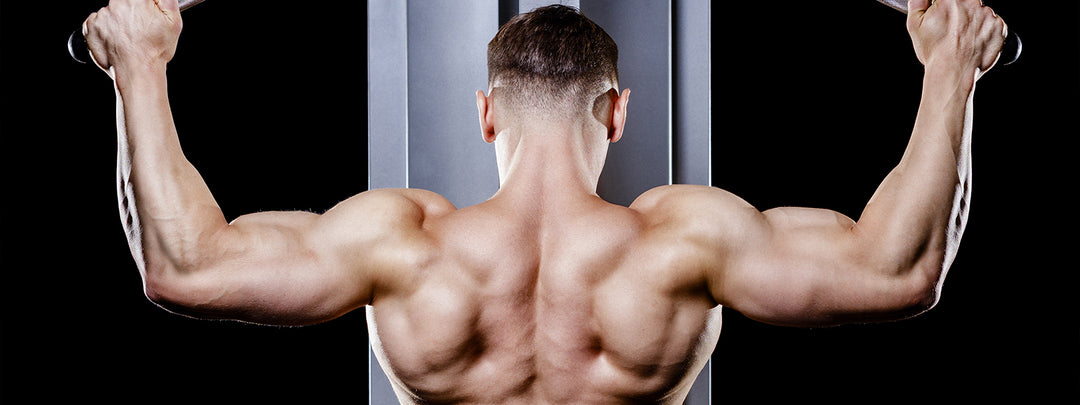Hormones: Key to Muscle-Building—Fact or Myth?

If you read enough about fitness programs/nutrition, you will stumble across some article underlying the importance of hormones. Many fitness “gurus” preach about the importance of certain exercise programs that can maximize the release of testosterone, growth hormone and other related molecules claiming it to be the key that will get you results in no time—or so we’re told.
Hormones such as testosterone, growth hormone and insulin-like growth factor play a key role during development and puberty, and have long been linked to muscle growth. Since the finding that levels of these hormones can increase tenfold after a session of strength training, researchers and fitness experts have long assumed that they are key to the growth of new muscle. Indeed, muscle hypertrophy is bolstered by the clear muscle-building effects of injecting testosterone and other steroids.
However, a recent study has put an end to that debate, indicating that the hormone surge triggered by exercise has no impact on how much muscle you gain over time. Conversely, what matters is how sensitive your muscles are to hormonal signals, a finding that may explain why some people put on muscle mass easier than others.
What that study found was down to the individual’s number of “androgen receptors,” a class of proteins found inside muscle cells that detect the presence of hormones such as testosterone and respond by switching muscle-building genes on or off. The subjects in the study who gained the most muscle mass didn’t have higher post-workout hormone levels, but they did have significantly more of these receptors in their muscles than those who gained the least muscle.
So how do you get more of these androgen receptors? Simply choose your parents wisely.
Steve O’Mahony, BSc MSc
Performance Nutrition


